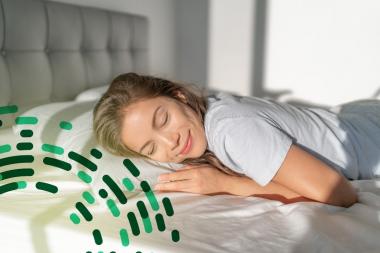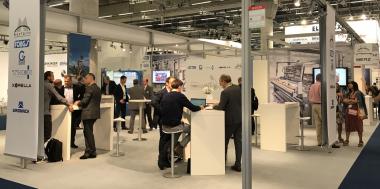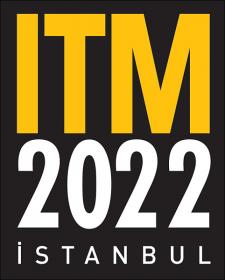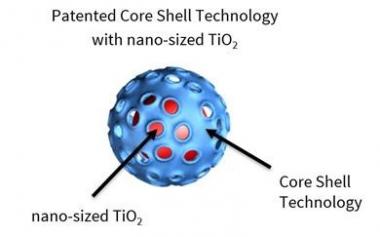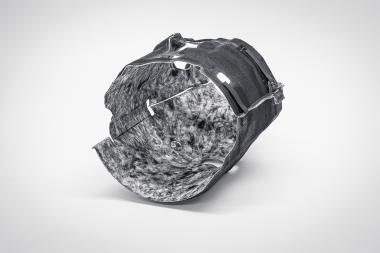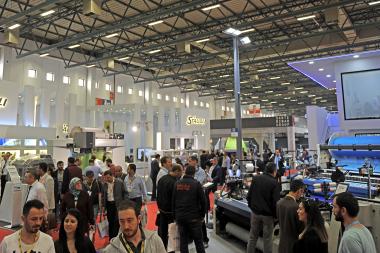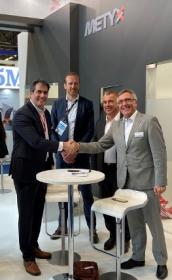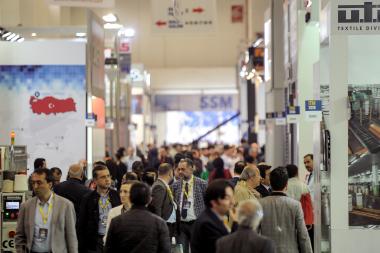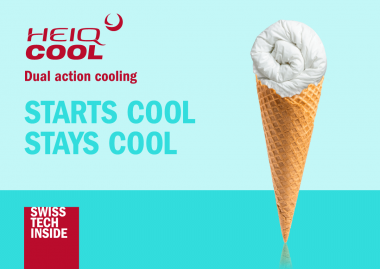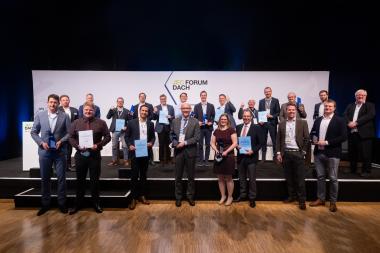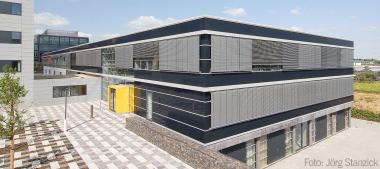HeiQ Allergen* Tech: New textile finish for home textiles
HeiQ announces the launch of a 100% biobased, proprietary textile technology, HeiQ Allergen Tech, which aims to improve the lives of all the ones who suffer from allergies. This technology reduces inanimate allergens, like house dust mite matter, and pet allergens, and can be added in the finishing stage of the manufacturing process of textiles for bedding and furniture purposes.
Building upon its tested proprietary Synbio ingredient, HeiQ Allergen Tech is a new textile finish for home textiles, and textiles used for furniture and public transportation.
100% biobased HeiQ Allergen Tech creates an invisible protective layer that lasts at least 20 washing cycles and beyond according to performed tests. Its main advantage is cutting down the proliferation of allergens such as house dust mite matter and pet allergens (pet hair, dander, saliva), and creating conditions for reducing the health threats they pose to millions of people.
Several tests have proven the high effectiveness of HeiQ Allergen Tech in reducing the levels of house dust mite matter (96.6%), allergens from dog hair (76.5%) and cat hair (83.6%), keeping a durable effect even after frequent washing. Following these results, Allergy UK has assessed and certified HeiQ’s new allergen control textile technology.
HeiQ


